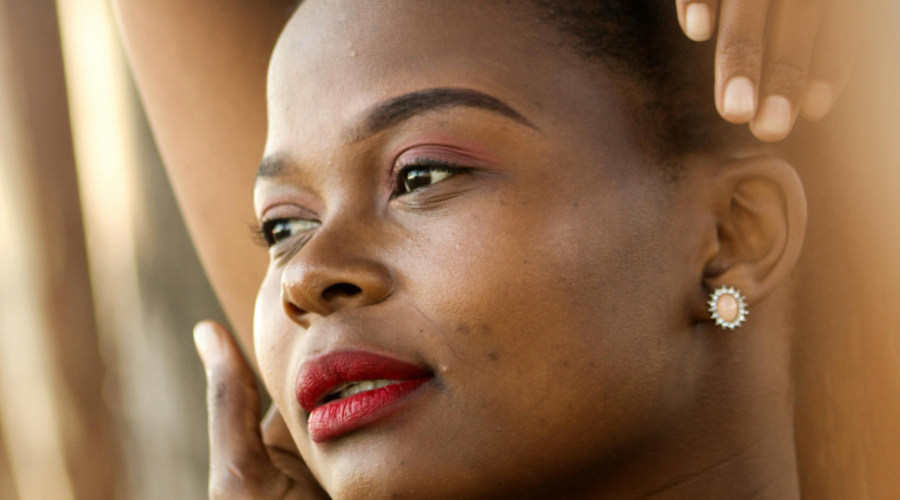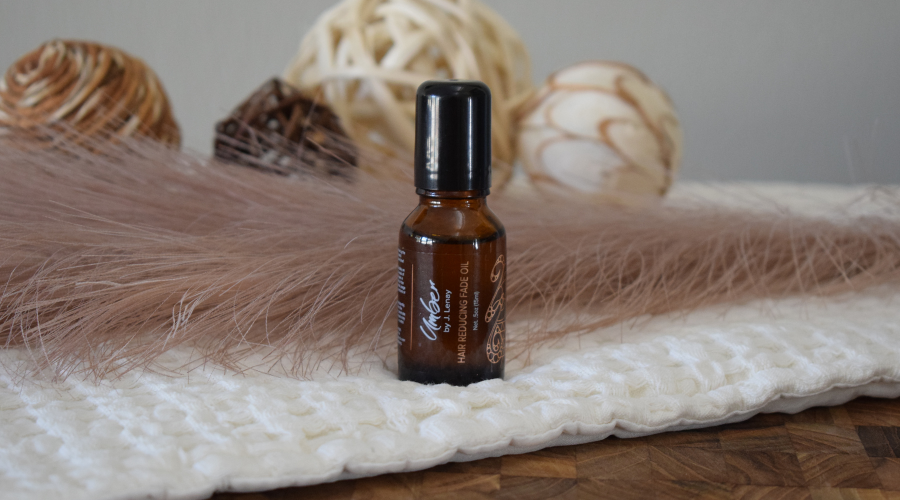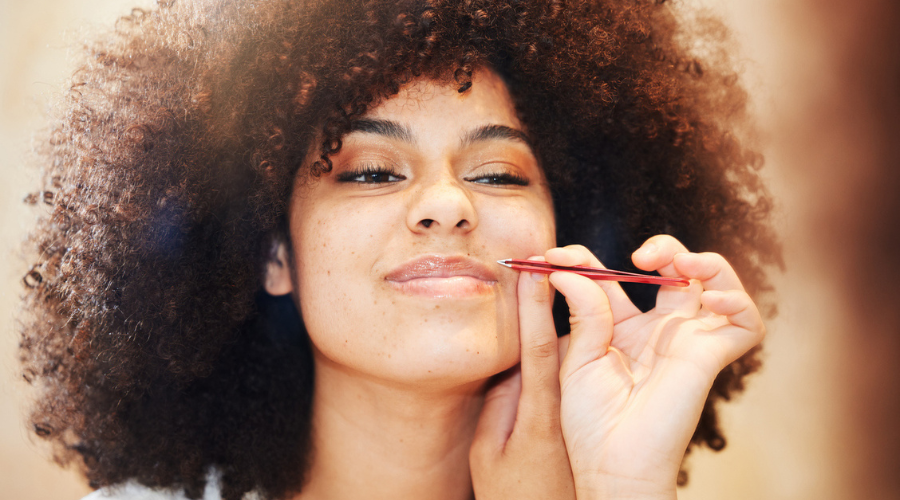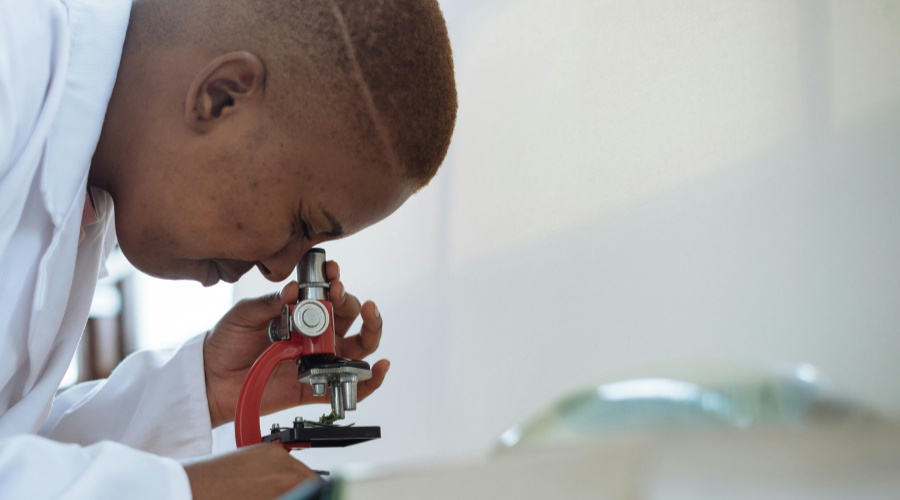You've probably heard of PCOS, but do you really know what it is? PCOS, or polycystic ovary syndrome, is a hormonal disorder that affects women. One of the most frustrating symptoms many women with PCOS deal with is hirsutism, which is excessive hair growth on the face, chest, back, or other areas.
Dealing with unwanted hair can be embarrassing and lower self-confidence. But you don't have to suffer in silence - understanding the link between PCOS and hirsutism is the first step to getting the right treatment.
In this article, we'll explore the hormonal imbalances that cause hirsutism in women with PCOS. We'll also discuss how to manage hirsutism through medications, hair removal techniques, and lifestyle changes. You'll come away with a better understanding of this challenging PCOS symptom and how to tackle it head-on.
What Is PCOS?
Polycystic ovary syndrome, or PCOS, is a hormonal disorder affecting up to 1 in 10 women of childbearing age. If you have PCOS, your ovaries may develop small cysts and produce higher-than-normal amounts of male hormones like testosterone.
Irregular Menstruation
One of the most common signs of PCOS is irregular or absent menstruation. Your periods may be infrequent, heavy, or prolonged. Some women with PCOS only get a period a few times a year. This is because their ovaries do not release eggs regularly, which is known as anovulation.
Excess Hair Growth
Elevated male hormones in PCOS often lead to excess hair growth on the face, chest, abdomen, and thighs. This condition is known as hirsutism and can be treated with medications or hair removal procedures like laser therapy.
Difficulty Losing Weight
Weight gain and difficulty losing weight are frequent problems for women with PCOS. Excess insulin in the body can influence fat storage and make weight loss challenging. Eating a balanced, low-glycemic diet and exercising regularly can help improve weight loss and reduce PCOS symptoms.
While PCOS has no cure, treatment focuses on managing symptoms. Oral contraceptives can regulate the menstrual cycle, reduce excess hair growth, and help prevent endometrial cancer. Other medications target insulin resistance or androgen levels. Losing excess weight also provides significant benefits. With proper treatment and lifestyle changes, women with PCOS can overcome the challenges of this disorder.
Understanding Hirsutism
Hirsutism refers to excess facial and body hair growth in women. For many women with PCOS, hirsutism is one of the most distressing symptoms. The excess hair growth is caused by high levels of androgens like testosterone, which stimulate hair follicles.
The Science Behind It
In women with PCOS, the ovaries produce too many androgens. Androgens are typically thought of as male sex hormones, though women's bodies produce them in small amounts as well. When androgen levels rise too high in women, they can cause hirsutism along with other PCOS symptoms. The excess androgens stimulate hair follicles, especially in areas typically associated with male hair growth patterns like the face, chest, and back.
The Link Between PCOS and Hirsutism

If you have PCOS, you may experience hirsutism—excessive hair growth on your face, chest, abdomen, and back. This is because PCOS causes hormonal imbalances that stimulate hair follicles. The most common cause of hirsutism in women with PCOS is increased levels of male hormones like testosterone, known as hyperandrogenism.
How do hormones relate to hair growth?
Your hair growth is regulated by several hormones, including testosterone. When testosterone levels rise, it stimulates your hair follicles to produce thicker, darker hair in a male pattern. In PCOS, your ovaries produce too much testosterone, which then leads to unwanted hair growth. The medical term for this excess hair growth is hirsutism.
Managing Hirsutism Caused by PCOS
As mentioned, hirsutism in women with PCOS is caused by excess male hormones (androgens) in the body. The good news is there are several ways you can manage unwanted hair growth.
Medical Treatments
Prescription medications like hormonal birth control can help block androgens and reduce hirsutism. Spironolactone, a diuretic that also blocks androgens, is commonly used. For many women, 6-12 months of treatment is needed before hair growth starts to decrease. In some cases, anti-androgen medications can cause side effects like fatigue, dizziness or stomach upset. Make sure to talk to your doctor about the pros and cons of any medication.
Laser Hair Removal
Laser hair removal uses targeted light pulses to destroy hair follicles, preventing regrowth. It typically requires multiple treatments to be effective, but can provide long-lasting hair reduction when done properly. Laser hair removal does come at a cost, and also may be painful. It can also cause temporary side effects like redness, irritation, and hyperpigmentation, especially for those with darker skin. For the best results, laser hair removal is often combined with prescription anti-androgen medications.
Eflornithine Cream
This topical cream slows hair growth when applied directly to the face and body. It works by inhibiting a key enzyme involved in hair growth. Eflornithine cream needs to be used continuously to prevent hair regrowth, but it can be a good option if you want to avoid medications or laser treatments. Common side effects include rash, itching, and burning where it’s applied.

Hair Reduction Fade Oil
Hair reduction fade oil is another option for those looking for a more natural approach.
Hair reduction fade oil can be a game-changer for those trying to figure out how to manage hirsutism. Incorporating a hair reduction fade oil into your skincare routine can assist in gently diminishing the appearance of this excess hair.
These oils typically contain natural ingredients that soothe the skin and may help to weaken hair follicles over time, leading to a gradual decrease in hair growth. Additionally, the use of such oils can provide the skin with the necessary hydration and nutrients, promoting a healthier skin environment that discourages the vigor of new hair growth.
While it's not an instantaneous solution, with consistent use, hair reduction fade oil can help to subtly reduce the prominence of unwanted hair, providing comfort and confidence to those affected by PCOS-related hirsutism.
Lifestyle Changes
Simple lifestyle changes may also help supplement medical and cosmetic treatments for hirsutism. Things like eating a balanced diet low in sugar and carbohydrates, exercising regularly, reducing stress, limiting alcohol intake and avoiding smoking can all help balance hormones and decrease hair growth over time. Making these types of long-lasting lifestyle changes will have significant health benefits beyond just reducing unwanted hair.
With consistent management of PCOS and hirsutism, you can achieve noticeable hair reduction and feel more confident in your appearance.



